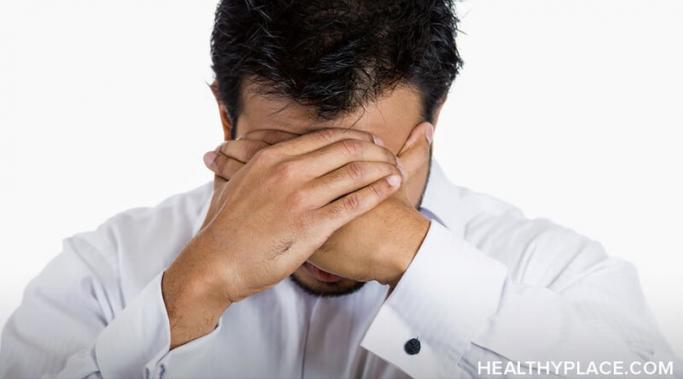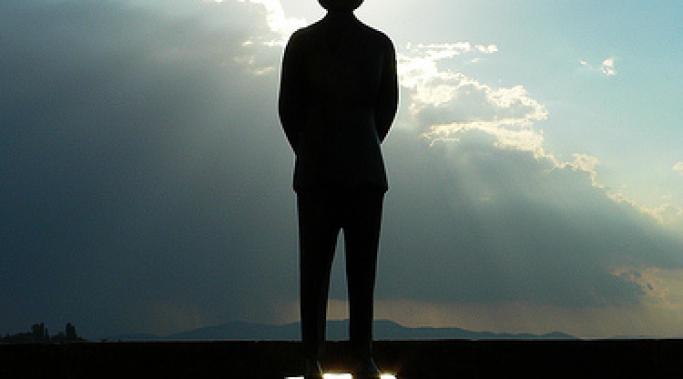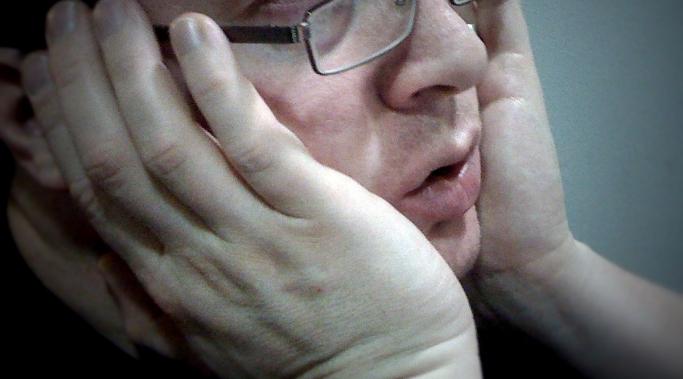Blogs
I am a big believer that hobbies can improve our confidence in ourselves. Some of my hobbies include crafting, blogging and blog design, scrapbooking, but especially photography. I love the satisfaction and pride I feel when I capture a portrait that I know will be treasured for years. However, fear is never far away.
I finally had a photo shoot with a complete stranger's family that found me from my website. Even though I knew I had the knowledge and experience to take their pictures and come up with some decent shots, the fear of having to prove myself to these people made me a nervous wreck!
In this video, Bipolar Vida blogger, Cristina Fender, shares how stigma of mental illness and living with bipolar disorder have effected her life. You can watch the video interview with Cristina on this page.
Rebecca Riley was a four year old child who overdosed on medication for Bipolar and ADHD. It was an unfortunate incident that left me personally saddened. Where were her parents? Could this have been prevented? Do we diagnose children with Bipolar Disorder too readily? How young is too young to be diagnosed as bipolar?
Amanda_HP
I can't begin to tell you the number of emails we receive every month from people who express shame because they are living with a mental illness or they have a family member with a mental illness. They talk about living in fear that others may find out or how others react to them when they discover the person has bipolar disorder, depression, schizophrenia, is a self-injurer or addict ... and the list goes on.
It all boils down to stigma!
Amanda_HP
We asked Cristina Fender to respond to the following question:
With all the stigma surrounding mental health and specifically bipolar disorder, why did you chose to come forward and talk/blog about having bipolar disorder?
As a follow up to the importance of implementing relaxation techniques into our lives, I want to share with you why yoga is my favorite relaxation technique and a great anxiety tool. It always amazes me just how refreshed and rejuvenated I feel after completing a yoga session. Even 20-30 minutes can greatly improve my mood. I feel like I have washed my slate clean, opened up the windows and let some fresh air in, and I get a burst of energy. Meditation is so important to reduce the stress in our lives.
Who hasn't forgotten what they were about to say in a conversation, or forgotten why they entered a room? Forgetfulness is part of life. So what makes plain ole forgetfulness different than the ADHD variety?
At this past appointment, my psychiatric nurse offered to add another 300 mg of Lithium to my bipolar medication cocktail. She wrote me out a prescription and I accepted it tentatively. Do I want to be more medicated? Do I want the side effect of shakes to return? What am I doing?
Researchers find there’s some truth to the expression of being “bored to death”. Here are 3 ADHD ways to stave off the Reaper.
Chronic anxiety sufferers can greatly benefit from learning relaxation techniques. Relaxation is a practical coping strategy used to help manage stress in our lives. While taking a hot bath or watching TV can be relaxing, in order to have a noticeable effect on our anxiety we need a regular daily practice of some form of relaxation or meditation. This is important because we need to balance out all of the heightened intense feelings (heart rate, blood pressure, respiration, muscle tension, etc.) our bodies experience when in the fight or flight mode.







